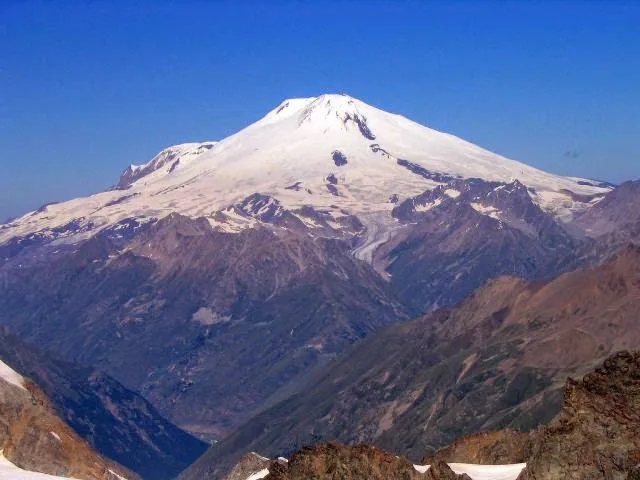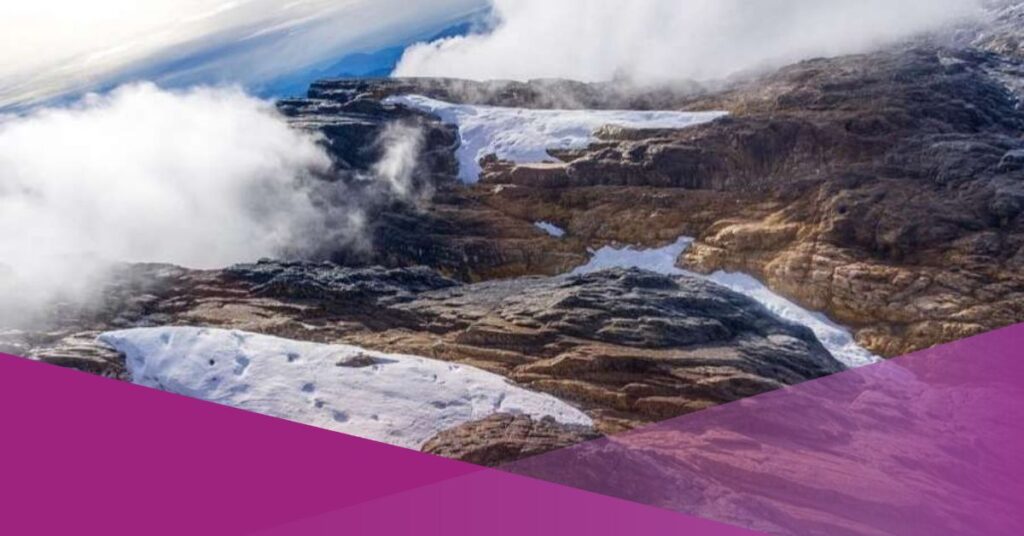Indonesia’s Meteorology, Climatology and Geophysics Agency (BMKG) delivered bad news for Indonesia as the “eternal snow” in the Jayawijaya Mountains, Central Papua, will soon be extinct in the coming years.
This is known after BMKG conducted glacier monitoring at Sudirman Peak, Jayawijaya Mountains, Papua, from November 11 to 15, 2024.
BMKG Climatology Instrument Standardization Division Coordinator Donaldi Sukma Permana explained that the area of ice cover in the Jayawijaya Mountains in 2024 shrank by 0.11-0.16 square kilometres from 0.23 square kilometres in 2022.
BMKG said the shrinking ice cover is a bad signal for Indonesia.
“This year, we conducted another survey that basically saw a decline in ice thickness from year to year. The result is a very significant decrease in ice surface area, and we are trying to document the extinction of ice in Papua because we are already in a difficult stage to maintain it again,” said Donaldi, quoted from the bmkg.go.id page.
BMKG revealed that the thickness of the ice is also only 4 meters. The data was obtained after 2023 as many as 14 stakes or ice thickness gauges) had been exposed.
The cause of snow melting in Jayawijaya

BMKG explained that the main cause of ice melting on Mount Jayawijaya was the increasingly uncontrolled rate of climate change. The El Nino phenomenon has also accelerated the extinction of ice cover.
The natural wonder that attracts much attention from scientists, researchers, and nature lovers has reported a drastic decline in recent decades.
BMKG Meteorological Instrument Standardization Staff Najib Habibie, as quoted from the BMKG’s official website, said that the ice thickness at Puncak Sudirman had shrunk significantly.
In 2010, the ice thickness was initially 32 meters, then became 5.6 meters in November 2015-May 2016.
Since 2010, the glacier has been monitored through BMKG’s cooperation with PT Freeport Indonesia. The cooperation involves installing stakes in the form of pipe pieces connected with ropes, which are then monitored regularly.
Climate change: Polar ice is shrinking, polar bears threatened with extinction by 2100
The BBC reports that global warming is having effects all over the world. Scientists say polar bear populations have reached the limits of their ability to survive as the ice in Arctic waters shrinks.
Polar bears have become “an exemplary testament to climate change”, said Dr. Peter Molnar of the University of Toronto in Ontario, Canada.
“Polar bears are already on top of the world; if the ice melts, they have nowhere to go,” he said, as reported by the BBC.
































